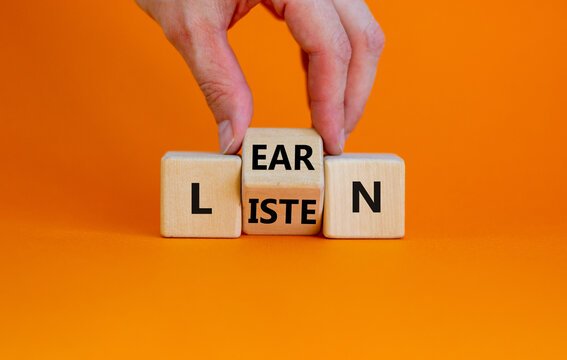How to Improve Your Listening Skills: 4 Tips For A Good Listen

Listening is a challenging activity for many people. When you listen, giving the speaker your full attention is essential, not just waiting for your turn to talk or thinking about what you'll say next. If you practice these four tips and prioritise listening, you will be amazed at how much more you'll get from conversations with other people!
Listen with full attention.
Observe the speaker's tonality
Mind the eye cues of the speaker
Be with the speaker's context
This will help you grab the entire content and intent of the speaker.
Followed by your questioning plays a vital role in taking the conversation to the next level.
Ask questions to seek clarification.
Ask questions and clarify how you perceived what the speaker said.
When you're done listening, it's your turn to talk. Remember, communication is a two-way street!
Listen with full attention.
The first step to being a better listener is to give the speaker your full attention. That means putting away your phone, making eye contact, and focusing on what the person is saying. If you're thinking about what you'll say next or getting distracted by other things, you will need help to listen effectively.
Observe the speaker's tonality.
How someone says, something can be just as important as the words they use. Pay attention to the speaker's tone of voice and try to interpret their feelings. This will help you understand the message they're trying to communicate more fully.
Mind the eye cues of the speaker.
Eye contact is another crucial cue to pay attention to when listening. Avoiding eye contact can signal that you're not interested in what the person has to say, while making and maintaining eye contact shows that you're engaged in the conversation. You can also read more about eye cues from NLP subjects and perceive the speaker's message with authenticity.
Be with the speaker's context.
To understand what someone is saying, you need to consider the context they're saying it. What's their background? What's their culture? Reading the speaker’s background helps in obtaining the best of his speech.
This article is short, and crips content about improving your listening skills. While you improve your listening skills, you will naturally improve your speaking skills.
